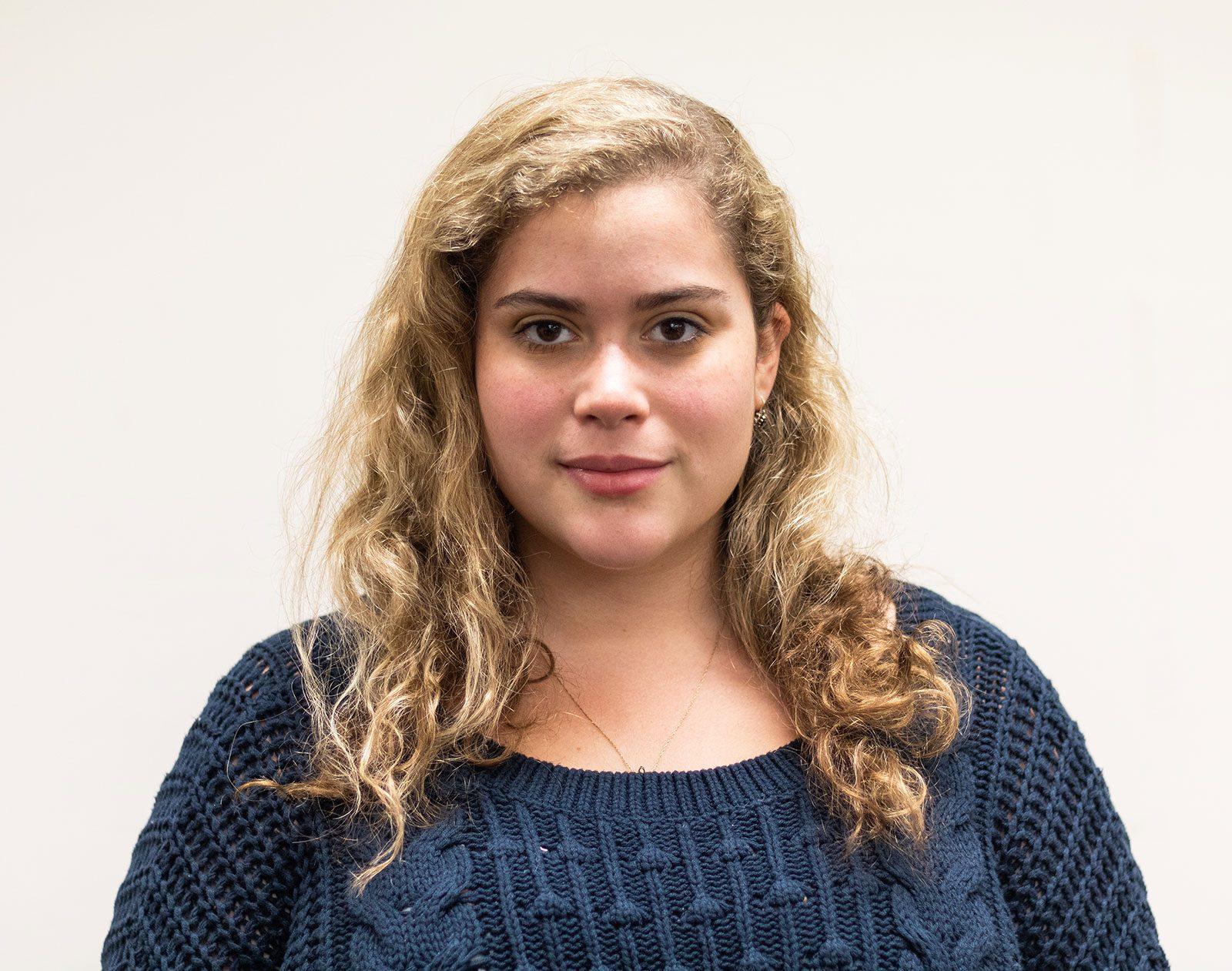Problems with racism, gender and stereotyping are deeply ingrained in every society.
But there is a new underlying phenomena that I was not aware of until I got to America, which is the concept of ‘unearned white privilege.’ This is the idea that ethnic people having light skin or white features allows someone to be treated as white.
Being light skin and blond has earned me this ‘white privilege’ because people simply assume I’m white. But this generates a little bit of frustration for me at times. People don’t notice that I’m foreign until they hear my accent — and that is when they ask where I am from.
As soon as I say Mexico, nine times out of ten I get the comment back, “Really? You don’t look Mexican.” This comment is ignorant. People in America are used to seeing the brown Mexicans, not so much white Mexicans.
Even though I understand that these comments are not made with malice, they invalidate my culture, my ethnicity and my birth country, as if I were meant to look a certain way in order to satisfy a checklist.
In high school, I was a varsity debater and qualified to go to the state championship at Baylor University in Waco, Texas at the peak of the political turmoil of the last presidential election.
Before the debate started, I started talking to my opponent. Everything was going well, until suddenly, he dare to ask, “Are you legal?”
When I first heard this I thought he was asking for my age, so I replied “Well, I am under 18.” He replied, “Oh no, like as in are you legally here?” My mouth dropped.
I was shocked not only by the audacity of the question, but by the whole concept of a person being ‘illegal.’ I never thought about it that way. I simply replied, “Not that it matters, but yes I am.”
But I thought to myself, what if I wasn’t? Would that make me less of a person? Less important? The answer to all of those questions is no.
By far the most hurtful experience that I have ever had with racism was with my high school ex-boyfriend. For three years of high school I dated a white, Texan republican. I fell in love with him and we shared some beautiful moments.
But his mother was never in favor of our relationship.The first time his mother met mine she asked her if we “enjoyed Arandas,” a Mexican restaurant. This comment was very racist, however, for a second I thought maybe she was ignorant about the subject and truly did not think asking that is problematic.
Soon, though, I quickly caught onto the fact that her comments were out of malice. In the few conversations I had with her, she once asked, “Can I practice my Spanish with you? I only speak it to the gardener and the housekeeper.”
As condescending as the comment was, all I could do was smile and say yes. My parents taught me to remain polite and level-headed under any circumstances.
His mother made me wonder so many times what was ‘wrong’ with me. I would think, I am a well-educated honor roll student, well-cultured and nice, so what am I doing wrong? Her anger toward me got to the point where she would say to other mothers that my family had the wrong values and had failed to properly educate their children.
My little brother was affected by it, too. Mothers of his friends did not want him at birthday parties because according to my ex’s mom, we were poorly raised — even “savages.”
I always wanted to say something and put a stop to it. But at 17 years old, I could not stand up to a woman in her 50’s. My mother told me not to take it personally, that she is just ignorant. She told me to keep my head high and keep smiling. So I tried.
When I submitted applications to universities, they asked for my ethnic background like everyone else. The very first question is, “are you hispanic/latino?”
As applications periods closed and decisions were made, I started getting acceptances from schools. My classmates who had a higher GPA or ACT score than I did would tell me that the only reason for my acceptances was my race. They said the decision was because of a minority quota the university had to fill.
This is still a comment I get at BU, or “why are you not in CGS if your ACT was below the average?” When I get comments like this I feel like my intelligence, achievements and hard work are discredited.
Yes, maybe race had an influence in my admission decision. Maybe I was judged to different standards. Or, maybe I am just as good as everyone else. Boston University is a world-class institution that I do not believe would give a seat in their class to someone who did not deserve it.
Racism doesn’t just affect Hispanics in white America like it did for me. It is a global issue that has been going on for centuries and affects millions of people that did not choose the color of their skin or where they were born. We can only make change by educating ourselves and opening our minds to the differences between us.
























































































































